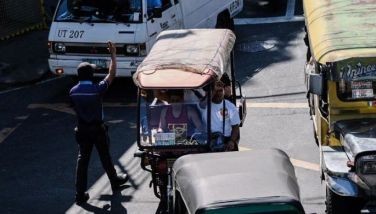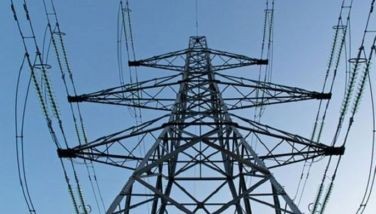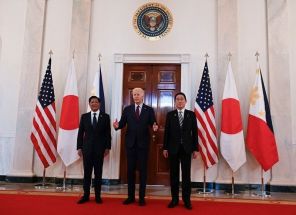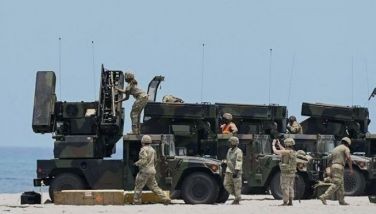DOE: No fuel supply problem in the Philippines
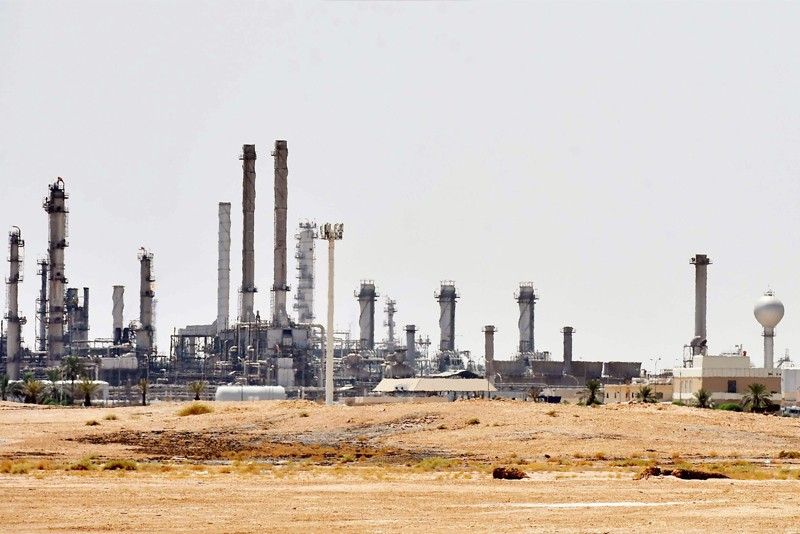
MANILA, Philippines — No local fuel supply disruption will result from the recent drone attacks on Saudi Aramco oil facilities, although prices will remain susceptible to volatility, the Department of Energy (DOE) said yesterday.
“We don’t see the problem of supply, the problem here is the impact on the price,” Energy Secretary Alfonso Cusi said at the Kapihan sa Manila Bay forum.
Cusi said the attacks highlight the need for the country to develop its own stockpile reserve to cushion possible price shocks overseas.
He added the impact of the drone attacks on local prices could be felt next week. He declined to give estimates.
He maintained that the country has enough fuel inventory – crude and finished products good for 30 days; bulk importers for 15 days and liquefied petroleum gas (LPG) for seven days – as required by law.
“We just heard the good news that Saudi Aramco was able to restore and production will be back to normal, so that is a good development and I hope that the price will correct and we will be monitoring how the global market behaves. But what we would like to assure the public is the inventory we have is sufficient to keep the economy running,” he said.
The attacks on two major oil facilities of state-run Saudi Aramco in Saudi Arabia were expected to cut the kingdom’s output by 5.7 million barrels per day (bpd) or more than five percent of global oil supply.
The drone attacks pushed global oil prices to four-month highs as trade opened, with Brent crude reaching nearly $72 per barrel before settling at $68.06 per barrel on Monday.
Oil prices cooled by midweek, with Brent crude falling to $64.55 a barrel after Saudi Arabia said it would be able to fully restore oil output by the end of the month, as announced by Saudi Energy Minister Prince Abdulaziz bin Salman.
“With the announcement of Saudi Arabia, how the market will be behaving, we hope the price will correct so that the price in the last two (trading) days would correct in the succeeding days,” Cusi said.
The energy chief, however, cited the need for a strategic oil reserve, which the DOE has been working on for sometime.
“Petroleum is in the hands of the private sector. The government is not in the supply chain and that’s what we have been trying to do, to bring back government to participate in the supply chain and we develop a strategic reserve,” he said.
“Like the US, for example… when the drone attacked, right after that President Trump said he is making available the US strategic reserve to support the world supply and yesterday also South Korea said it will use its strategic supply,” the DOE secretary said.
When global oil prices skyrocketed to $80 per barrel last year, DOE announced plans to establish a strategic oil reserve for the country as part of efforts to shield consumers from volatile international oil prices and ensure supply security.
It had directed PNOC-Exploration Corp. (PNOC-EC) to engage in the selling of petroleum products sourced from non-OPEC members to independent petroleum dealers and to vulnerable sectors, such as public utility transport groups.
Cusi, who is also ex-officio chairman of the PNOC-EC, said the move was meant to enhance competition among existing oil industry players and stabilize domestic oil prices. But the project hit a snag due to budgetary and regulatory constraints.
“The strategic reserve... all of these requires budget, money. When you are working with strategic reserve, oil supply, this would require certain rules. There must be a law that would give the agency the authority, that is what we are working on,” Cusi said.
“The President’s mandate to DOE is make sure we have supply to support our economy,” he said.
The energy chief also highlighted the need for more oil and gas exploration projects in the country.
“What we are saying is that we are this serious and the President really would like to make use of the resources for the benefits of the Filipinos,” he said.
The Philippines and China are eyeing joint exploration in the West Philippine Sea and are preparing a framework for implementing the project.
“The DFA (Department of Foreign Affairs) is the one doing the scheduling. The DOE is ready with our steering committee. We are ready with our technical working group,” Cusi said.
President Duterte and Chinese President Xi Jinping signed a memorandum of understanding in November last year for joint development of resources in the West Philippine Sea.– With Jess Diaz
- Latest
- Trending























